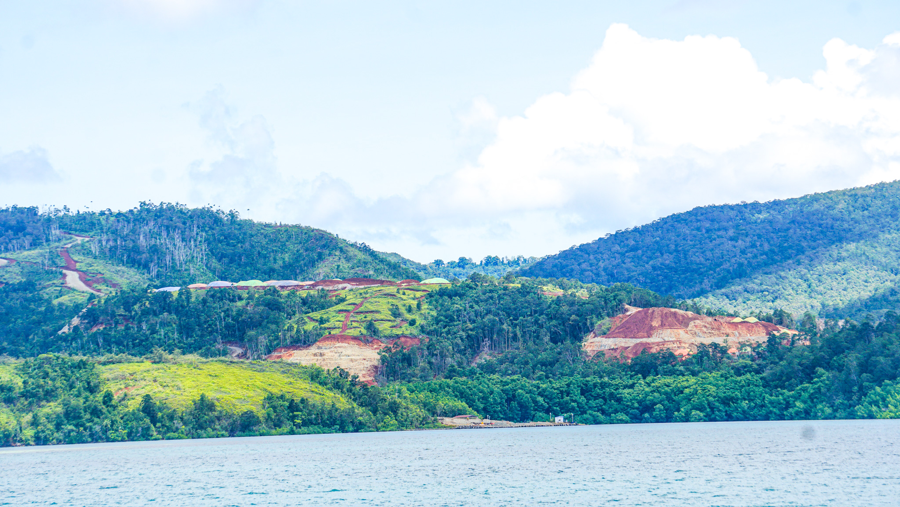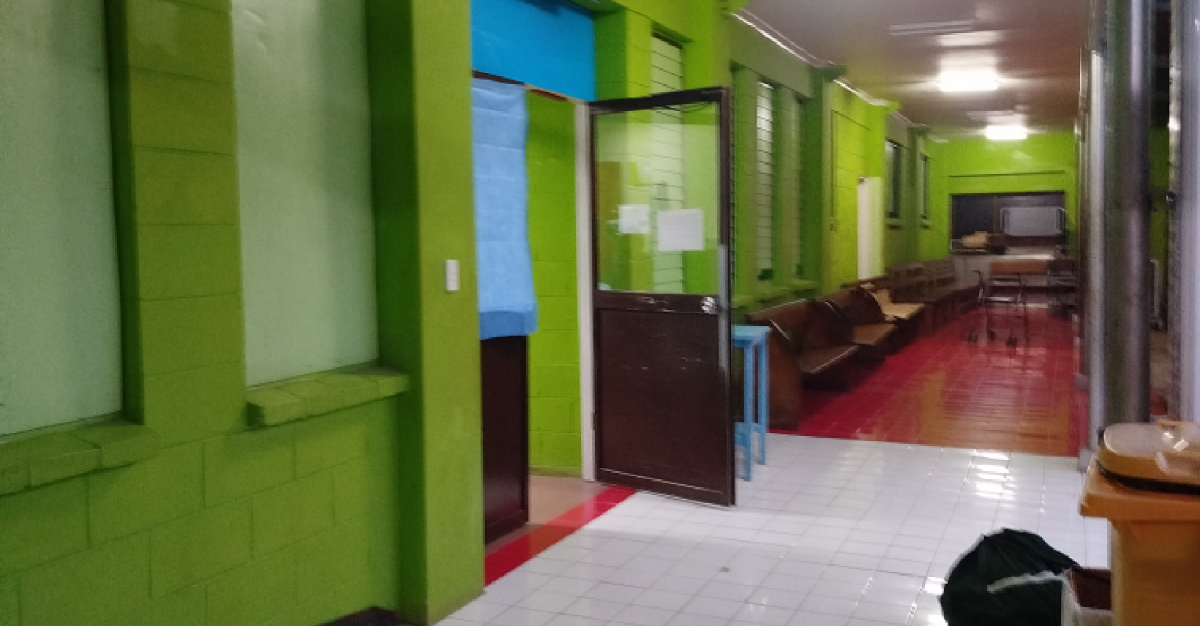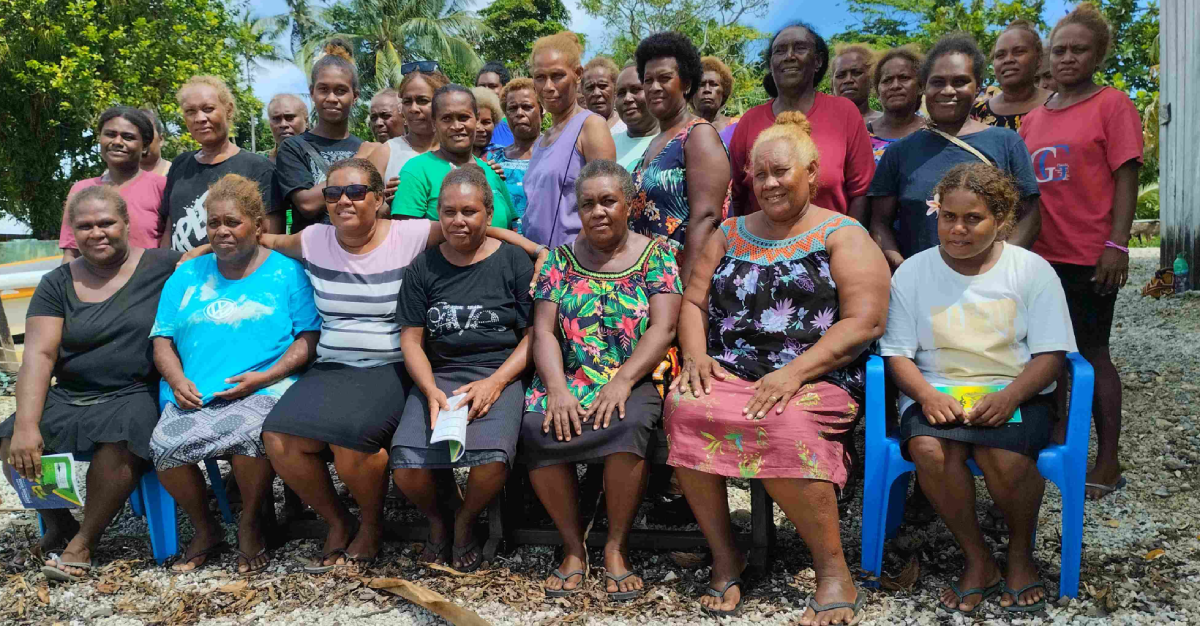Concerns have been raised over potential environmental destruction, even though the government believes the new Mineral Resources Bill will benefit landowners more than foreign companies.
The Government for National Unity and Transformation (GNUT) is expected to table the new Mineral Resources Bill to replace the Mines and Minerals Act when Parliament resumes on July 14, 2025.
An inside source within the Western Provincial Government (WPG) has revealed that mineral prospecting activities are expected to increase across the country once the new Mineral Resources Bill is passed into Act and implemented.
“It will likely make it easier for islands and landowners interested in mining prospecting to proceed,” the source told the Solomon Star in an interview yesterday.
The source explained that other islands in the country that wish to allow mining on their land might find the process less difficult under the new legislation.
“However, this will depend on the new legal procedures and agreements between interested landowners and other parties involved. We are optimistic that the amended Mineral Resources Bill will safeguard landowners’ rights, protect resources, and introduce more robust systems and mechanisms to benefit the country,” the source added.
Initially, the Mineral Resources Bill faced delays due to concerns that it favored foreign interests and lacked sufficient protections for landowners. However, the revised Bill seems to address some of these issues by enhancing the rights of customary landowners.
Despite the amendments, the proposed Bill has been met with criticism from some citizens, environmental advocates, and provincial leaders, who fear that increased mining activity could threaten fragile ecosystems and disrupt traditional livelihoods.
“Mining can bring economic opportunities, but we must not ignore the environmental consequences. We’ve seen how mining has devastated our forests and rivers in the past. We must learn from these experiences,” said a community advocate in Gizo.
Other local environmentalists echoed these concerns, urging the government to engage in more extensive consultations before finalizing the legislation.
“The land and resources belong to our people. Any law that encourages mining must also prioritize environmental protection and respect for local communities,” environmentalists stressed.
The Western Provincial Government has also voiced caution.
“We understand the importance of development, but it must be balanced with the protection of our environment and respect for customary landowners,” a senior provincial official emphasized. “However, on the other hand, mining could also provide a revenue boost for the province.”
Meanwhile, the Western Provincial Government (WPG) is in the process of engaging a private legal professional to work closely on legal matters concerning the province. The appointed lawyer will assist in drafting a separate version of the Mineral Resources Bill for the province, distinct from the national Act still awaiting parliamentary approval.
The WPG has not yet confirmed whether the new legal professional has been appointed or if interviews are still ongoing.
Currently, mining prospecting is taking place in Rendova, though additional concerns are emerging. Another mining project, the Kele Tenement in Marovo, is still in its early stages. In contrast, business licenses for two other projects in North and South Vella—Paraso and Bava Island—were recently excluded by the WPG.
As the Bill awaits further parliamentary proceedings, the debate over the future of mining in the Solomon Islands continues to intensify. Many are calling for a cautious and transparent approach to protect the nation’s natural and cultural heritage.
By ULUTAH GINA
Solomon Star, Gizo




